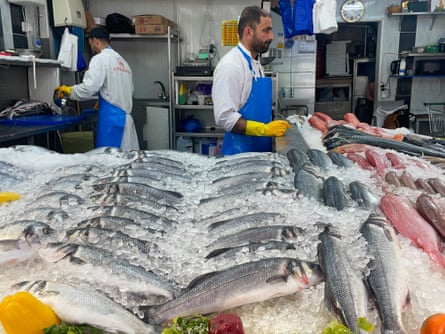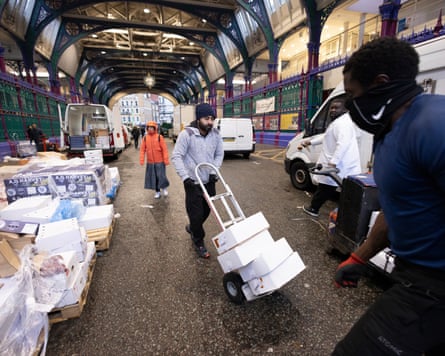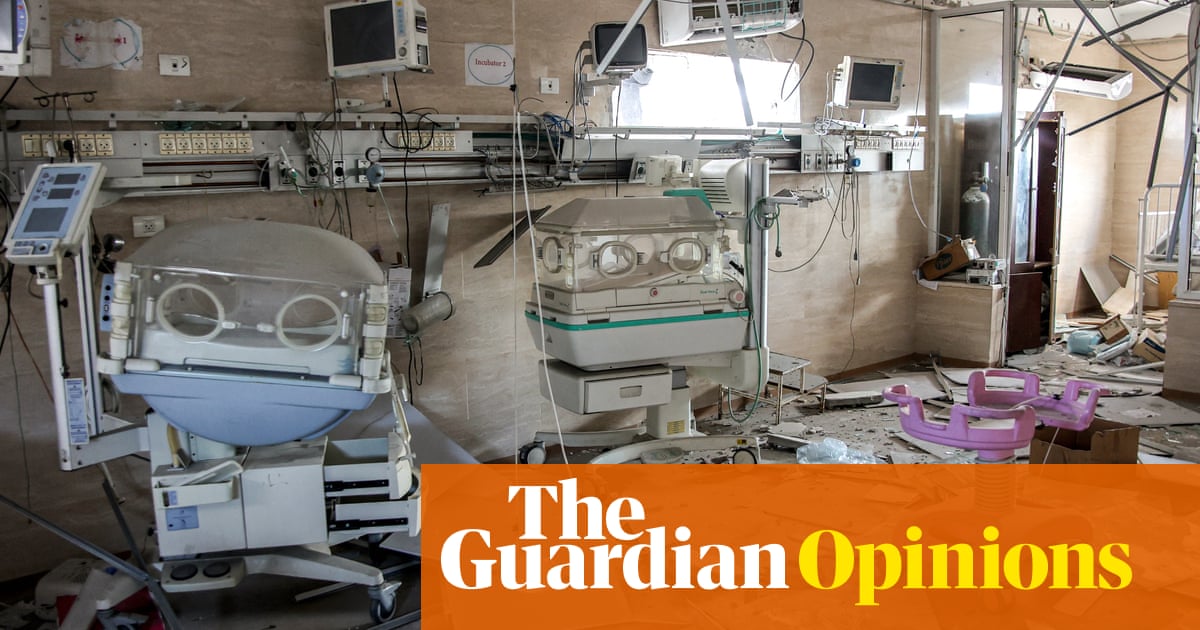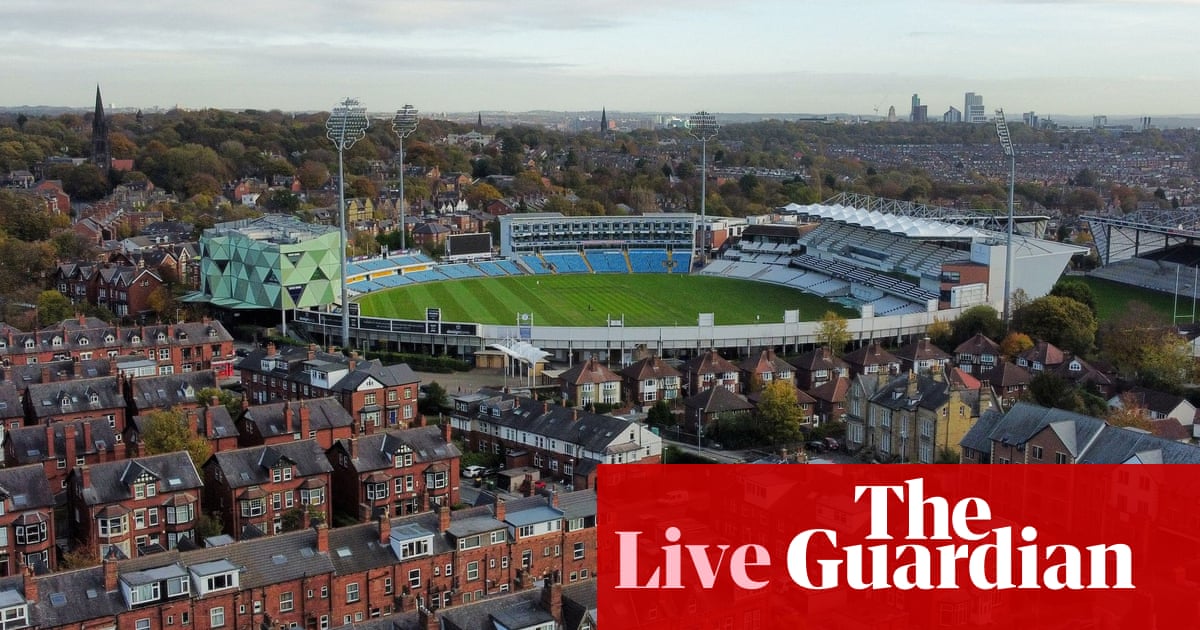It is a mismatched contest: a handful of east London fishmongers taking on the phenomenally wealthy City of London Corporation.
But the market traders and a food poverty charity have teamed up to battle City of London Corporation over its plans to close the capital’s ancient fish and meat markets for good.
The corporation announced the permanent closure of London’s historic Smithfield meat market and Billingsgate fish market in late 2024, when it pulled the plug on a planned £1bn relocation to a new sitein the east of the capital at Dagenham. The decision means the end of centuries of meat and fish trading in the capital.
Three fishmongers from Ridley Road market in Hackney say they depend on Billingsgate for their business and will go bust if it closes down. Along with their spokesperson Alicia Weston, the founder of Bags of Taste, which teaches cooking skills to people living in poverty, they are fighting to stop parliament from rubber stamping the markets’ closure.
The corporation, the governing body that runs London’s Square Mile, is the owner and operator of both sites, but is not permitted to close down the markets independently.
A quirk of their long and storied pasts, the markets were established by acts of parliament that fix them to the existing sites. This means they can only be closed when parliament passes a private bill, repealing the legislation and allowing the land to be used for other purposes.
The markets have been granted a stay of execution until 2028. In the meantime, the corporation has said it is offering compensation to Smithfield and Billingsgate traders and is helping them find new locations, but is no longer planning to build a joint replacement site.
Fishmongers Waheed Aslam, Zafar Iqbal and Mohammed Amjad Choudry have objected to the bill, and they say they have the support of a small group of MPs who are opposed to the closure.
The Mediterranean fish shop on Ridley Road was started 30 years ago by Aslam’s father. Aslam and his business partner Aras Swara, visit Billingsgate market, the UK’s largest inland fish market, early in the morning, five days a week, to choose fresh sea bream, snapper, salmon and coley for the shop.

“At the market we can choose what we buy, if there’s no market, those who are selling will have a monopoly,” said Aslam. “If there is no Billingsgate, we can’t get all this variety,” added Swara, gesturing to a chest freezer containing 13 different types of frozen prawns.
Aslam has previously tried buying from wholesalers, but said he was not able to buy the required quantity of fish, or was disappointed by the quality.
“We supply quite a few restaurants around the area, and it would affect them too if the market closes,” he added, as his two employees gutted and cleaned sea bass ordered by a local Caribbean restaurant.
The history of a food market around Smithfield – close to Farringdon train station – goes back more than 800 years. The London Museum is in the process of moving to part of the site, which is intended to become a cultural development. Billingsgate, which was moved in 1982 from a City location by the river to a building near the Canary Wharf financial district, has been earmarked for housing.
The volumes of meat and fish traded at Smithfield and Billingsgate have fallen significantly since their peak around the turn of the 20th century amid the rise of supermarkets, according to an independent report on the importance of food markets commissioned by the corporation after its decision not to build the Dagenham site.
after newsletter promotion
Despite this, the report found that Smithfield and Billingsgate “play a vital role in supporting independent retailers, such as butchers and fishmongers” and estimated Billingsgate still accounts for 9%-11% of fish consumption in London and the south-east.
The corporation scrapped plans to relocate both markets, along with the New Spitalfields fruit and vegetable market, to a purpose-built complex at Dagenham Dock, saying inflation and rising construction costs had made the project unaffordable.
The corporation manages assets worth billions of pounds, and collects £1.3bn in business rates annually, although it passes most of this to central government.

The fishmongers and Weston are calling on the corporation to find an alternative location for the markets.
“We trusted them and believed it was going to open in Dagenham, but they broke that trust,” said Weston. “There are unintended consequences of the closure.”
A spokesperson for the City of London Corporation said the authority is “actively supporting the traders at Billingsgate and Smithfield to find new sites for their wholesale activity within the M25. This includes practical support, such as brokering discussions with landowners and developers, and assisting a smooth transition”.
“We just want assurance that an alternative market will be opened,” said Aslam. “We have a livelihood on the line. We are at the bottom of the chain and have not been given much thought about.”

.png) 7 hours ago
5
7 hours ago
5

















































